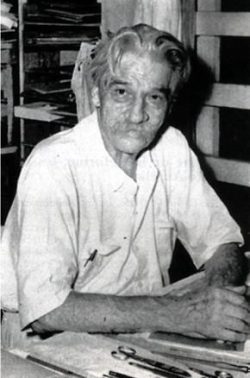Albert Schweitzer (1875-1965)
Albert Schweitzer was born in Kayserberg, in Alsace. His father was a pastor and very fond of music. He received his secondary education in Mulhouse. He was an exceptionally gifted person and orientated his activities in four main directions.
The musician
He studied music first in Paris, then in Strasbourg. A talented organist of the Bach Society, he gave numerous concerts ; he was a historian of German church music and specialised in the pre-Johan Sebastian Bach period.
The Theologian
He obtained his doctorate in philosophy in 1899 and his doctorate in theology in 1900 ; he was appointed curate of Saint Nicholas Church in Strasbourg ; he was to become Professor at the Strasbourg Faculty of Theology in 1902 and remained in charge of New Testament studies until 1912. Considered a liberal, he is at the origin of the current of thought known as “consistent eschatology” and dealing with Christian origins. In a book concerning research on the life of Jesus, he shows that each historian has constructed his own image of Jesus according to his own ideas and epoch, as a rationalist, a romantic, a revolutionary, a bourgeois moralist. In his quest for the authentic Jesus, Albert Schweitzer puts aside the dogmas of the Church and insists on the importance of the Jewish apocalyptic background : the imminent coming of the Kingdom of God (parousia) is the key to the enigma of the thought of Jesus. Knowledge, historical knowledge, cannot build up the spiritual life of an era, since it smothers the « will power » linked to something infinite, demanding, radical and heroic : the only way to become « children of the Kingdom of God ». As opposed to « any vain attempt at modernizing Jesus, by reducing what, in his message, was determined by his epoch, or by giving it a new interpretation as if he could thus become closer to us » (“toute vaine tentative de moderniser Jésus, en réduisant ce qui, dans son message, était determiné par l’époque, ou en le réinterprétant comme s’il pouvait de cette façon devenir plus proche”) what really matters is to carry out the « great civilizing tasks which are inherent to religion » (“grandes tâches civilisatrices qui incombed à la religion”). In his book The Mysticism of Paul the Apostle, Albert Schweitzer claims that Paul changed a message originally linked to a Palestinian environment into a universally understood mysticism.
Among his published works feature : Problems of the Lord’s Supper according to Scholarly Research of the 19th century and Historical accounts,1901, From Reimarus to Wrede, the Quest of the historical Jesus, Tübingen 1906/1913, Paul and his Interpreters Tubingen 1911, The Mysticism of Paul the Apostle Tübingen, 1911 (La mystique de l’Apôtre Paul, Paris 1962)
The Philosopher
As early as 1899, Albert Schweitzer had written a dissertation on the religious philosophy of Kant. From 1923 to 1952, he studied the evolution of European religious philosophy, and wrote Decay and Restoration of Civilization and Civilization and Ethics. He likewise wrote Indian Thought and its Development. Concerning the problem of ethics in the evolution of human thought, Schweitzer claimed that reverence for life was the basis of ethics. He advocated a religion that was freed from dogmatic speculations and primarily of a mystical and ethical nature. He regards the decay and inhumanity of the modern world as being due to a lack of spirituality. He appeals for a reverence for life which is the modern day transcription of what is central to the message of Jesus.
The Physician
From 1905 to 1912, he studied medicine and wrote a thesis on the history of psychiatric studies about Jesus. In 1913 he left for Lambaréné (Gabon), but came back to France because of the war. After working as a dermatologist at a Strasbourg hospital, he returned to Lambaréné in 1924 and rebuilt his hospital. Between 1927 and 1939 he came periodically to Europe, while constantly taking care of his hospital. As from 1939 he spent ten consecutive years in Lambaréné. His action was criticized on the grounds that he refused to modernize his hospital village where patients’ families stay with them while they themselves are receiving treatment. His critics accused him of having a traditional and old-fashioned vision of the Africans. His supporters retorted that by keeping it similar to a remote jungle village, he facilitated a proper hospital care for people who could not bear the thought of being away from home. In 1959 he returned to Lambaréné and died there on September 4, 1965. He is buried in Lambaréné.
In 1951 he was elected at the Académie des Sciences morales et politiques (The Academy of Moral and Political Sciences), andin 1953 he was awarded the Nobel Peace Prize. In Oslo, he gave his famous speech : The Problem of Peace in the World today, and voices his opposition to nuclear armament.
The address of the Association des Amis d’Albert Schweitzer (Friends of Albert Schweitzer) is 1, Quai Saint-Thomas, in Strasbourg.
Bibliography
- Books
- SCHWEITZER Albert, Ma vie, ma pensée, Albin Michel, Paris, 1960
Associated tours
-

Protestants in Alsace since 1871
Few French provinces have experienced as many traumatic experiences as Alsace, twice annexed to the German Reich and twice returned to France. The Protestant community participated, with varying degrees of... -
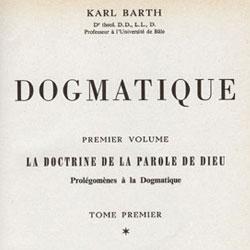
Theology in the 20th century
Theological thought and research in the 20th century can be divided into three periods: up until the late 1920s, from the 1930s to the 1970s, and since the 1970s.
Associated notes
-
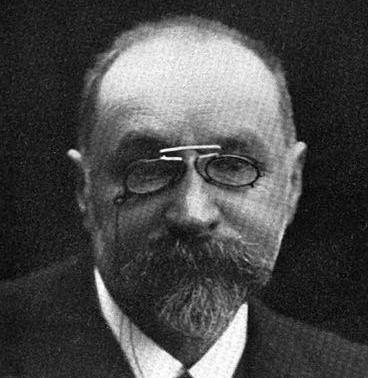
Charles Seignobos (1854-1942)
Charles Seignobos, a protestant, and a leading figure of the French school of history. He was known for his scientific precision and neutrality in matters of religion. -
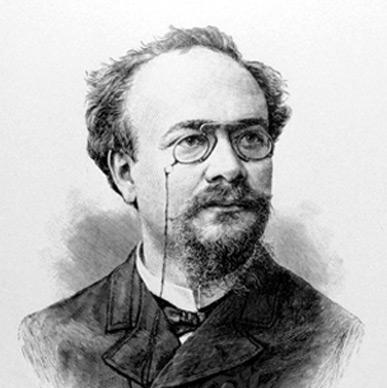
Eugène Réveillaud (1851-1935)
-
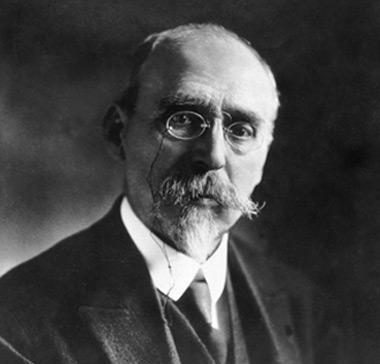
Ferdinand Buisson (1841-1932)
One of the main inspirers of school legislation of the third republic, Ferdinand Buisson was a French politician in favour of laity, co-founder and president of the Human Rights League,... -
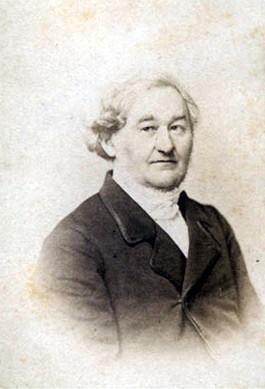
Jean Théodore Beck (1839-1936) and the special circumstances of the Ecole Alsacienne
Beck was one of the most striking personalities of the Ecole Alsacienne which he directed from 1891 to 1920. -
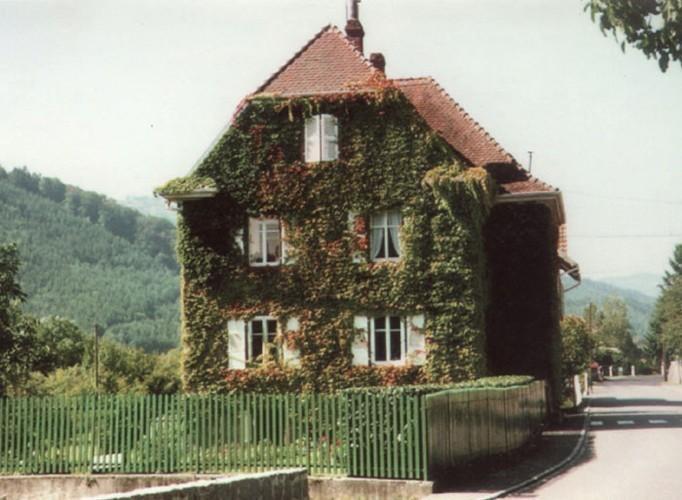
Albert Schweitzer's House in Gunsbach

